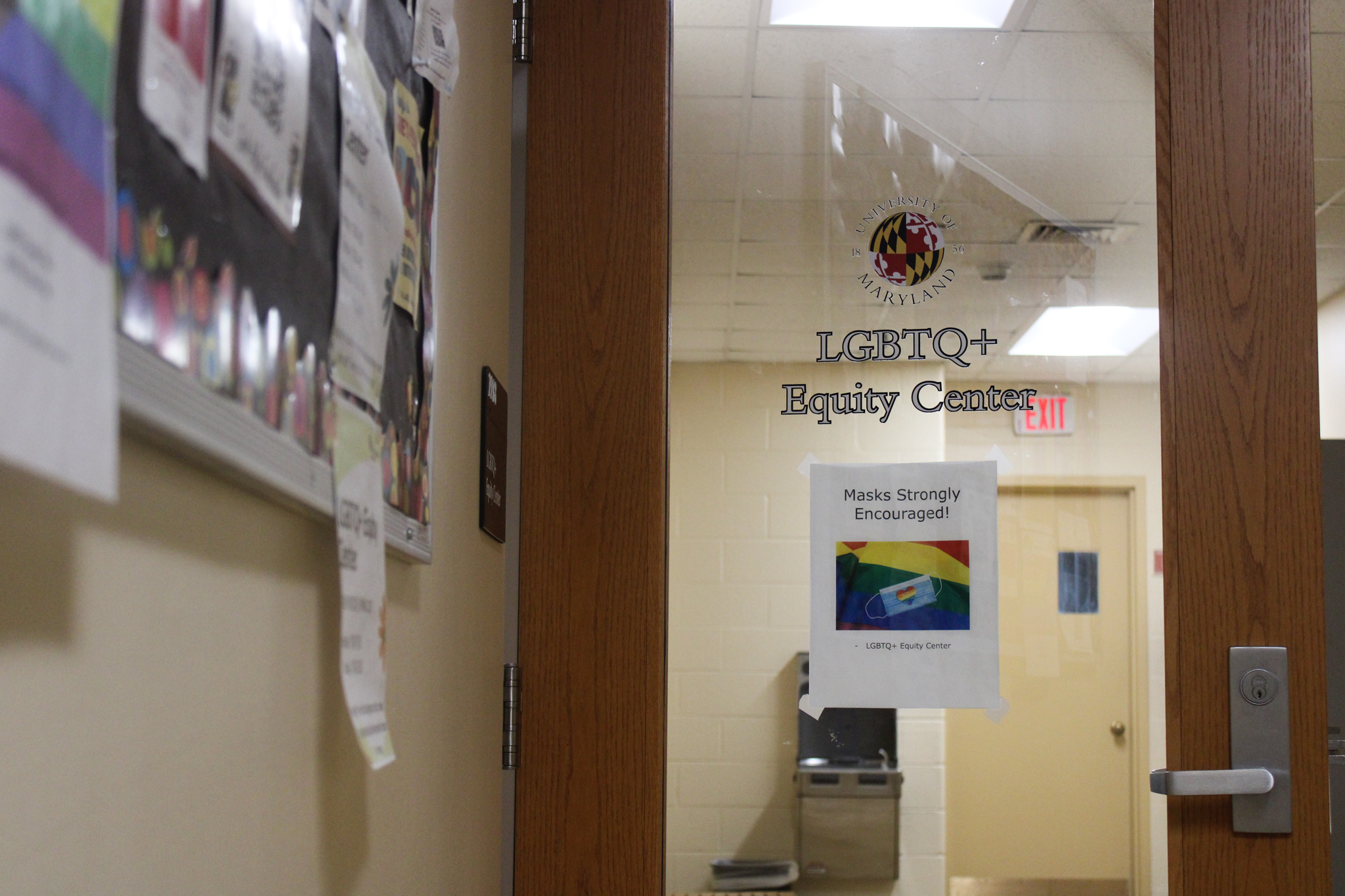Kristopher Oliveira brings experience and a passion for social justice to his new role as director of the University of Maryland’s LGBTQ+ Equity Center.
Oliveira began the position this summer after the university’s Office of Diversity and Inclusion conducted a yearlong search for a new director. The center’s former acting director, Shige Sakurai, retired from the position in 2022.
With more than 10 years of experience working and studying in LGBTQ+ resource centers, Oliveira chose to come to this university because of its historic leadership and the community’s willingness to address modern issues.
“This campus and this community has really been connected into the national conversation on promising practices for supporting queer and trans people,” he said.
Oliveira said he grew an affinity for social justice in college where he realized he desired a career that helps students feel fully embraced on campus. He received a doctorate in sociology from the University of South Florida before working at LGBTQ+ resource centers in Princeton University, the University of Kansas and St. Cloud State University.
After reviewing multiple applicants, a search committee selected Oliveira as one of the four finalists for the position. As a finalist, he gave a public presentation and met with several campus stakeholders and students who could submit evaluations, according to Georgina Dodge, this university’s vice president for diversity and inclusion.
[SGA pilot program offers gender-affirming care materials for UMD students]
Shantala Thompson, the associate director of the LGBTQ+ Equity Center, sat in on interviews for a new director and is happy with Oliveira’s hiring. He “has a gift for making people feel comfortable”, a particularly important skill for working with minority populations, they said.
“I think he has a really great combination of being able to represent the center on a wide level,” Thompson said. “While also … being able to connect with diverse communities.”
Oliveira’s main objectives for this academic year include improving education surrounding the LGBTQ+ community, building a broad network for queer and trans people and enhancing policies to serve the LGBTQ+ community.
Although college ranking websites like BestColleges ranked this university as the top LGBTQ+-friendly college, Oliveira said this does not mean inequalities on campus have disappeared.
“Now that that spotlight is there, I’m more curious about how can we use that spotlight to highlight some of the areas that we still have to work on,” he said. “One of the things I’m most excited about is thinking about opportunities to bring people together to just be in community.”
[UMD students emphasize inclusion at Occupy McKeldin sexual assault awareness event]
Oliveira’s main strategy in achieving the center’s goals includes bringing people together to foster a sense of community. He said he hopes to have regular student, faculty and staff input on projects that impact everyone.
As a sociologist, Oliveira has studied the potential of queer and trans resource centers in higher education, according to the office. He has worked in a diverse array of these centers, from those running on non-existent operating budgets to those with large operating budgets. His experience in differing locations built a network of experienced professionals that shape his work today, he said.
“I’ve had the opportunity to work on really heartbreaking initiatives, as well as celebratory, exciting, cool things happening on campus,” Oliveira said. “I’ve got to experience and see a lot and I think I’m really privileged in that way.”
CORRECTION: A previous version of this story misstated Dodge’s title. She is this university’s vice president for diversity and inclusion. This story has been updated.



